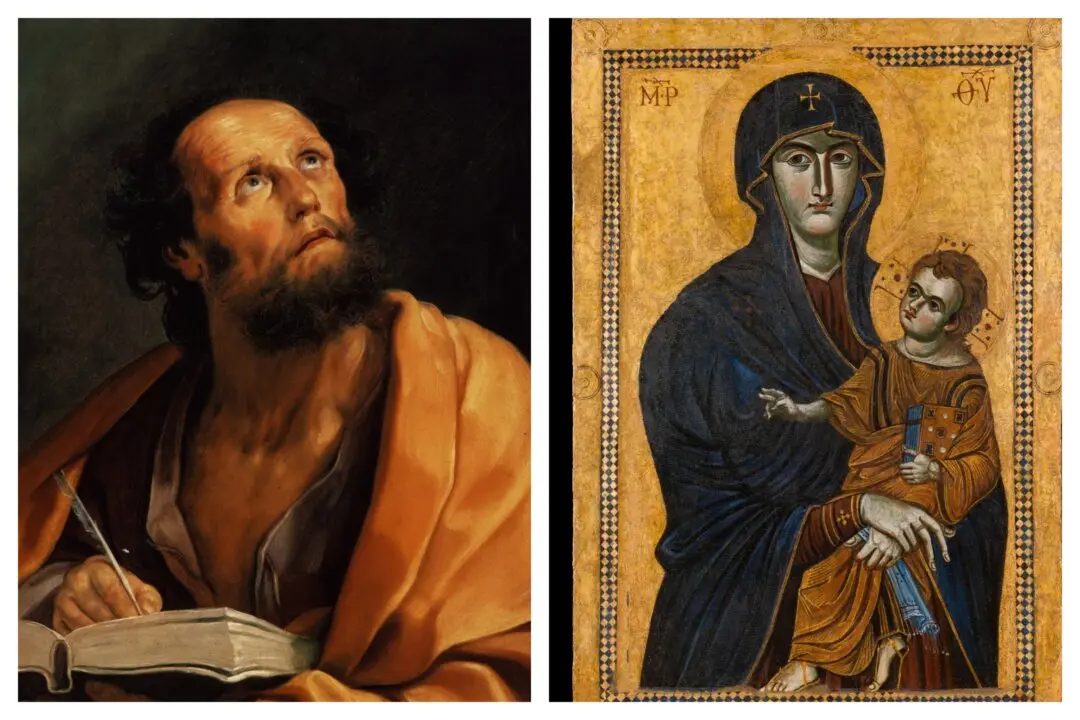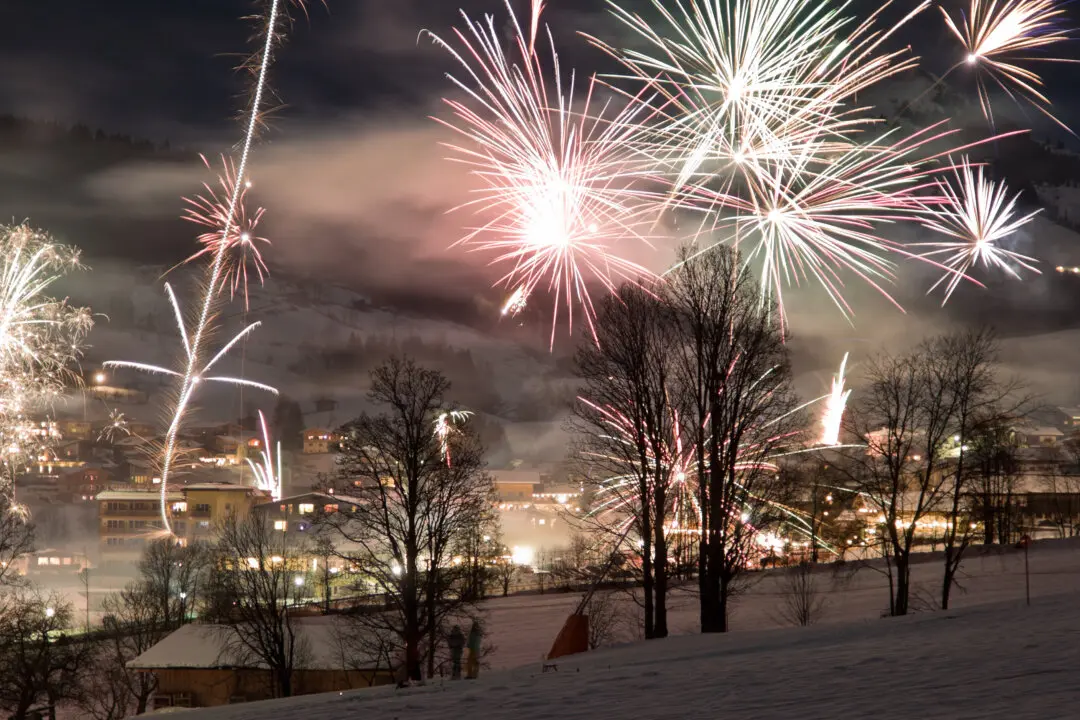I leant upon a coppice gate When Frost was spectre-grey, And Winter’s dregs made desolate The weakening eye of day. The tangled bine-stems scored the sky Like strings of broken lyres, And all mankind that haunted nigh Had sought their household fires.
The land’s sharp features seemed to be The Century’s corpse outleant, His crypt the cloudy canopy, The wind his death-lament. The ancient pulse of germ and birth Was shrunken hard and dry, And every spirit upon earth Seemed fervourless as I.
At once a voice arose among The bleak twigs overhead In a full-hearted evensong Of joy illimited; An aged thrush, frail, gaunt, and small, In blast-beruffled plume, Had chosen thus to fling his soul Upon the growing gloom.
So little cause for carolings Of such ecstatic sound Was written on terrestrial things Afar or nigh around, That I could think there trembled through His happy good-night air Some blessed Hope, whereof he knew And I was unaware.
One of the greatest achievements for a writer is to use a word in such a distinctive and masterful way that from that moment on, future readers will always associate that word with that writer. As many literary critics have pointed out, Thomas Hardy (1840–1928), in titling his poem “The Darkling Thrush” (1900), instantly draws the mind back to a memorable use of the word “darkling” in literature. For readers of poetry, the word will instantly recall John Keats’s (1795–1821) “Ode to a Nightingale” (1820). Several other parallels emerge between the two poems.Hardy was an English poet and novelist, a prolific writer who published at least 14 novels, hundreds of poems, and numerous volumes of short stories during his life. He was a Victorian realist, greatly influenced by the Romantic poets who came before him but also caught in the skepticism and doubt that characterized the crisis of faith in the Victorian era.





